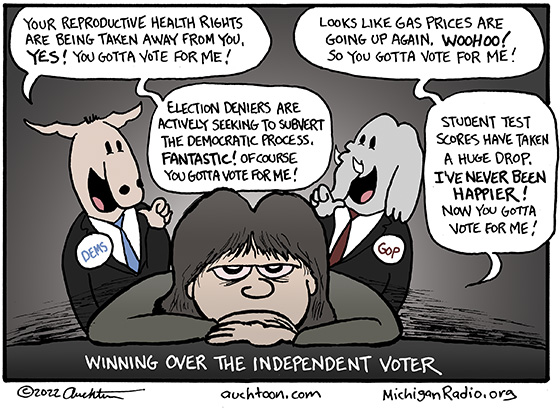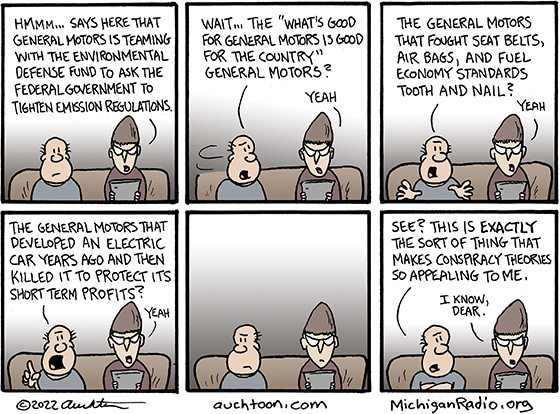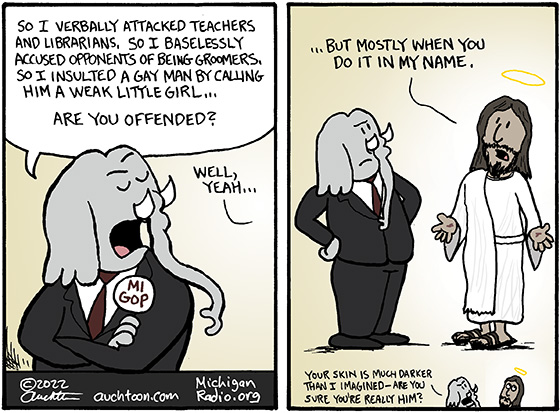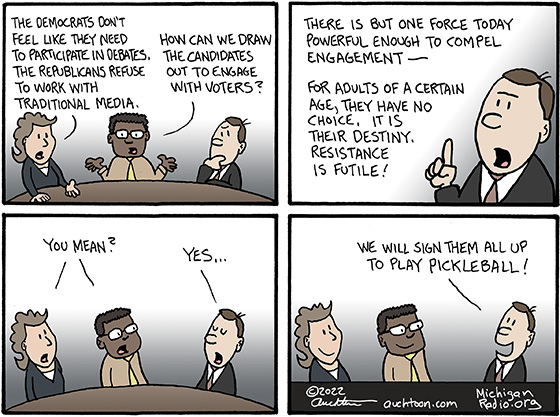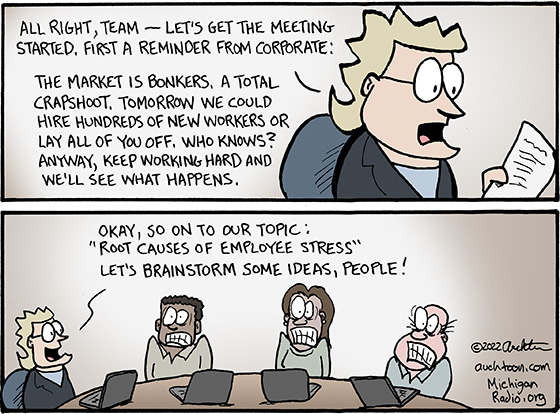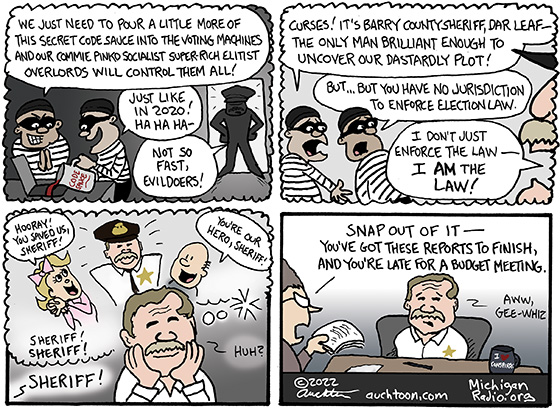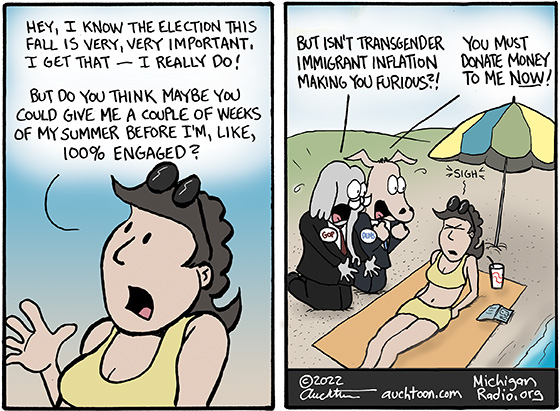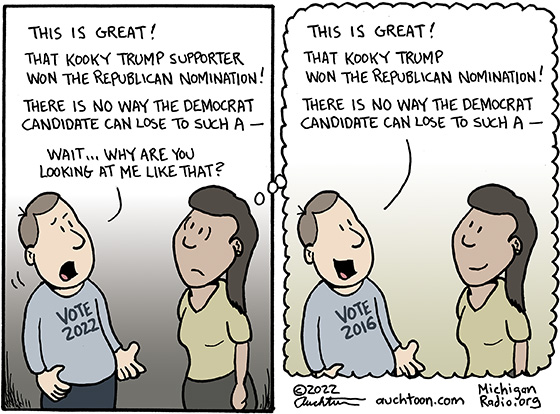You Can Imagine Why I Might Not Trust You
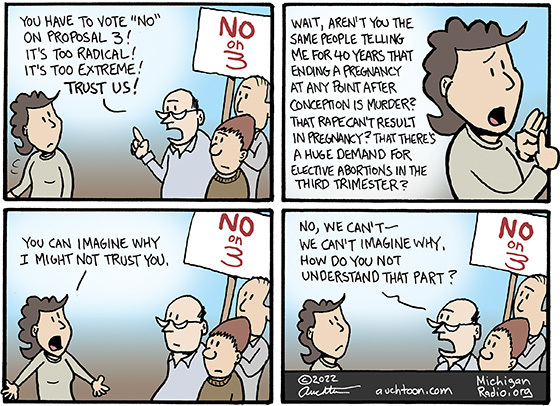
Abortion is, of course, a sensitive issue. And even though I may at times relish provoking thoughts and (let’s be honest) pushing buttons, I decidedly do not when it comes to this topic. People have developed deeply held views that are very personal.
But just because something is sensitive doesn’t mean it shouldn’t be discussed. As always, you readers can decide for yourselves, but this is my take: Opponents of Proposal 3 have labeled it as radical and extreme. That’s subjective (and somewhat disingenuous when significant elements of the pro-life movement have used those very words as rallying cries).
What I will say is that deciding the legal status of abortion in Michigan via ballot proposal is not great. In a similar way in which Roe v. Wade was not great, we should be deciding these things through the legislative process. But the reality is, we haven’t done that. And the chances of us ever doing that are slim to none.
I mean, if we as a country couldn’t get the Equal Rights Amendment passed into law, what are the chances that any legislature (state or federal) is going to be able to handle the abortion issue?
So wherever you stand on Proposal 3, don’t be surprised if the “other side” doesn’t seem to understand you. They probably don’t.
